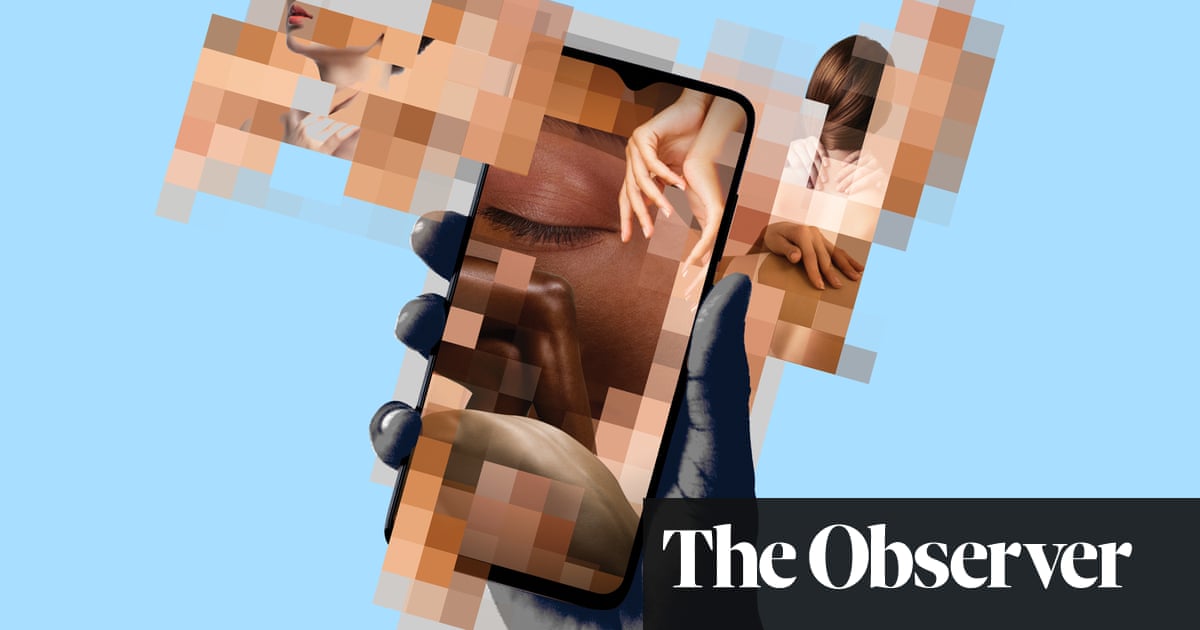A previously unknown 1580s portrait by Queen Elizabeth I’s official painter has been discovered after languishing for hundreds of years in a private collection.
Art experts hailed the “wonderful” discovery of a miniature by Nicholas Hilliard,
which has come to light just as Hilary Mantel’s Wolf Hall and all things Tudor are gripping the nation once again.
At 58mm (2.5in) in height, the oval portrait fits in the palm of one’s hand. Painted around 1585, it depicts a richly dressed young woman, thought to be Elizabeth, Lady Leighton, one of Elizabeth I’s ladies-in-waiting, who captivated Sir Walter Raleigh.
Hilliard was the great English painter of the Renaissance, appointed as the queen’s official limner, or miniature painter, creating numerous portraits of her and members of her court. His exquisite, intimate miniatures are among the most revered masterpieces of European art.
Having researched the portrait, leading experts Emma Rutherford and Elizabeth Goldring said it was particularly exciting to discover something that was so beautiful and in such good condition, as well as completely unknown – having been in a private collection in Ireland.
Rutherford told the Guardian: “It is a wonderful portrait, one of Hilliard’s more complex portraits in terms of costume and detail. He wrote in his treatise that one of the ways to get a really good portrait is to flirt with your sitter … You can see it here, a collaboration between artist and sitter.
“The really exciting thing is, was it meant to have been given to Sir Walter Raleigh, who had a massive crush on Lady Leighton? He wrote her love poetry. There’s no evidence that anything happened. There’s only evidence of him approaching her. No response from her – unless it’s this miniature, which is exciting.”
Goldring, the author of an award-winning Hilliard biography, said: “It is tempting to speculate that this miniature was intended as a love token for Raleigh … Certainly, Raleigh – whose love poetry includes A Poem put into my Lady Laitons Pocket – was an ardent admirer.”
Raleigh began that poem: “Lady farewell whome I in silence serve/Woulde god thou knewest the depth of my desire …”
Goldring said: “Was this miniature a present for Ralegh, to put in his pocket, thus reciprocating for the gift of this poem?”
Lady Leighton (née Knollys), whose mother was the niece of Anne Boleyn, became a gentlewoman of the privy chamber, tending to the queen’s personal needs, such as preparing her clothing. In 1578, she married Sir Thomas Leighton, a soldier and diplomat.
In this portrait, she is wearing an elaborate court dress, decorated with white bows and gold and diamond jewels, a large “cartwheel” ruff and a feather hairpiece and pearl in her curled auburn hair.
Rutherford said that Hilliard’s miniature of Raleigh of around 1585 – now in the National Portrait Gallery – depicts him in a similar manner, including the ruff. She said: “That ruff had quite a specific fashion span. So, of all the images of her to come to light, this is the one that’s closest to his attempt to woo her.”
The portrait’s sitter can easily be mistaken for Elizabeth I, Goldring said. In fact, an 18th-century note on its back reads: “This Picture of Queen Elizabeth is done from the life by either Old Hilliard or Old Isaac Oliver [Hilliard’s sometime pupil]. It was given to me 1720 by a very old Lady a great great Neice [sic] of one of the Queens maids of Honor.”
In their catalogue description, Goldring and Rutherford dismiss that likeness: “The miniature does depict a lady with similar colouring to Elizabeth I … However … the face is younger – and arguably much prettier – … the hairline less recessed. Moreover, the sitter’s clothing and jewellery – though indicative of high rank and status – are not as opulent as that typically seen in Hilliard’s miniatures of Elizabeth I.”
The anonymous owners had retrieved the portrait from an old jewellery-box after reading an article by Rutherford and Goldring about another miniature. They thought, “hang on a minute, we’ve got something that looks a bit like this”.
Rutherford, of the Limner Company in London, will be exhibiting it at London Art Week from Monday [2 December]. It is priced at about £120,000.
“Monday will be the first time it’s been seen in public – ever,” she said.

.png) 1 month ago
9
1 month ago
9













































